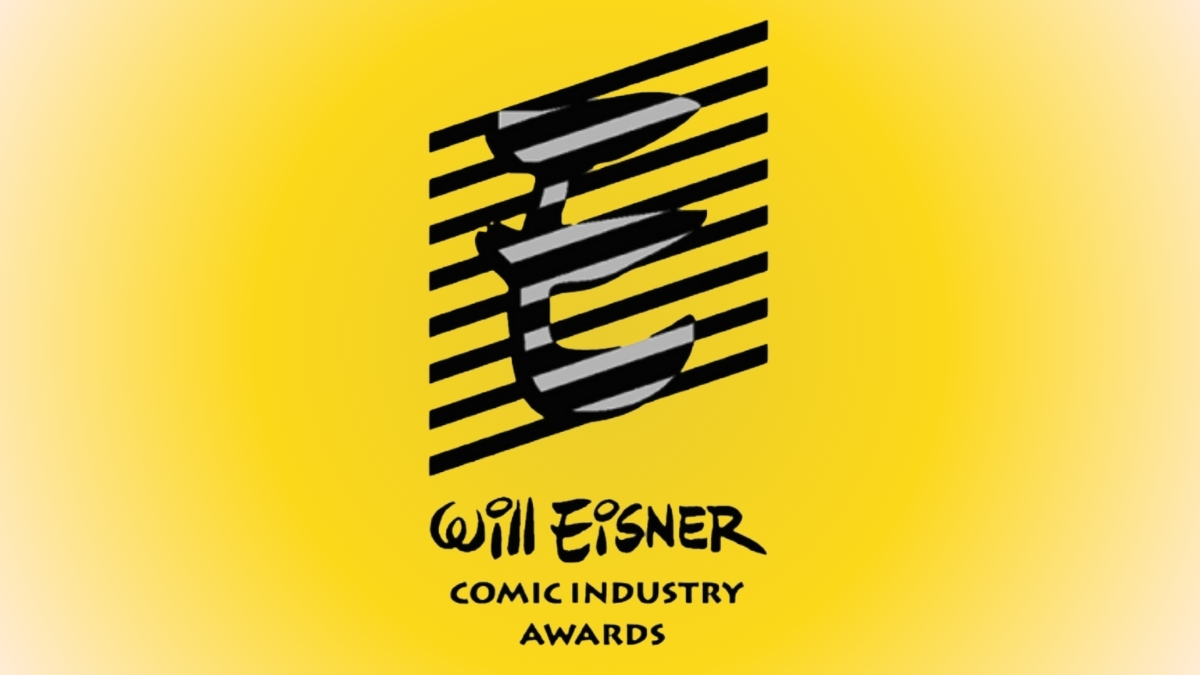Is Comics Journalism Dead? The Eisners Seem to Think So

Comic-Con International has officially opened voting for this year’s Will Eisner Comic Industry Awards, one of the highest honors in the business. Unfortunately for comics journalists and comics-focused publications, this year’s ballot doesn’t include the ‘Comics-Related Periodical/Journalism’ category.
This decision sparked a lot of conversation on social media last week, with creators like David Pepose and John Trumbull decrying it and others claiming it’s a sign that comics are dying. We’ve heard the latter for years, usually from those in the Comicsgate hate movement, whose primary goal seems to be targeting diverse comics creators whose work goes beyond telling stories about white, heterosexual, male superheroes.
Since the COVID-19 pandemic began in 2020, the comics industry has been shaken to its core and the single-issue release model has been called into question several times. But according to ICv2, an online trade publication that covers “geek” retail, graphic novel and manga sales continue to dominate. So are comics dead, or are they changing? As a journalist who’s covered comics for going on eight years, I’m inclined to believe the latter over the former.
What happened to the Eisner Awards comics journalism category?
Seeing the Eisners drop journalism as an award category in 2024 is disappointing, especially after the organization has failed to successfully overcome criticism for how it approached said category in the last several years. It’s also not the first time the Eisners have flubbed in this arena. This category was on and off the ballot throughout the early aughts, as reported by Popverse editor-in-chief Chris Arrant, a former Eisners judge and four-time ‘Comics-Related Periodical/Journalism’ winner.
Technically, journalists and publications can still submit to the 2024 awards. Eisner Awards administrator Jackie Estrada told Popverse, “For comics-related periodicals, they have been combined with the comic-related books. Online journalism sites are welcome to submit in that overall category.” Estrada also highlighted the submission list caveat that “judges may add, delete, or combine categories at their discretion,” which is on the form every year.
Why are comics journalists upset?
Even though Estrada has assured comics journalists they can still submit to the Eisner Awards this year, the outright absence of a dedicated category still stings. Comics journalists are typically underpaid or not paid at all, whether they’re writing, producing a podcast, or creating and editing videos about the medium. I’d argue that no one in the field does what they do for award recognition, but the Eisner Awards mean a lot in the comics industry. Earning this accolade matters, especially as paying outlets increasingly downsize their comics coverage in favor of other forms of entertainment news and reviews.
Frankly, it’s getting increasingly difficult to establish yourself as a comics journalist, whether you prefer to review, report, or a mixture of both. Whether a career in this field is your dream or you want to use it as a stepping stone to other careers in the industry, like PR/marketing or comics creation itself, it feels discouraging to see outlets covering comics less and less. This also, of course, affects publishers, retailers, and creators.
Comics aren’t dead. But the less solid, impactful coverage there is—which requires time, resources, and yes, money—the more industry detractors feel like they’re “winning.”
Rather than removing the ‘Comics-Related Periodical/Journalism’ category altogether, the Eisner Awards should have changed its approach to the nomination and awards process and been transparent about it. Choosing to ignore a significant portion of the industry isn’t the right move. Hopefully, between now and San Diego Comic-Con in July, the committee will reconsider.
(featured image: Comic-Con International)
Have a tip we should know? [email protected]